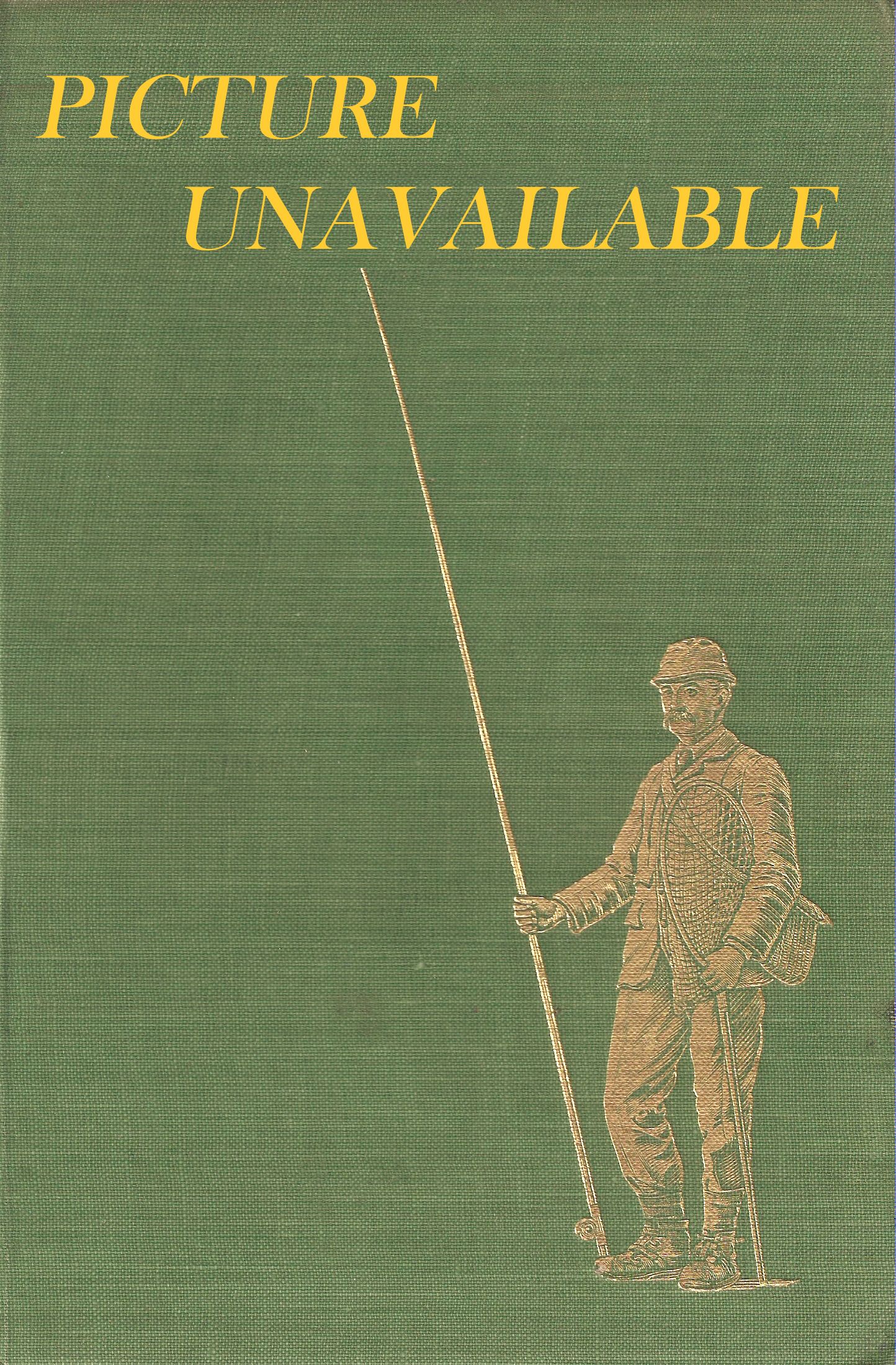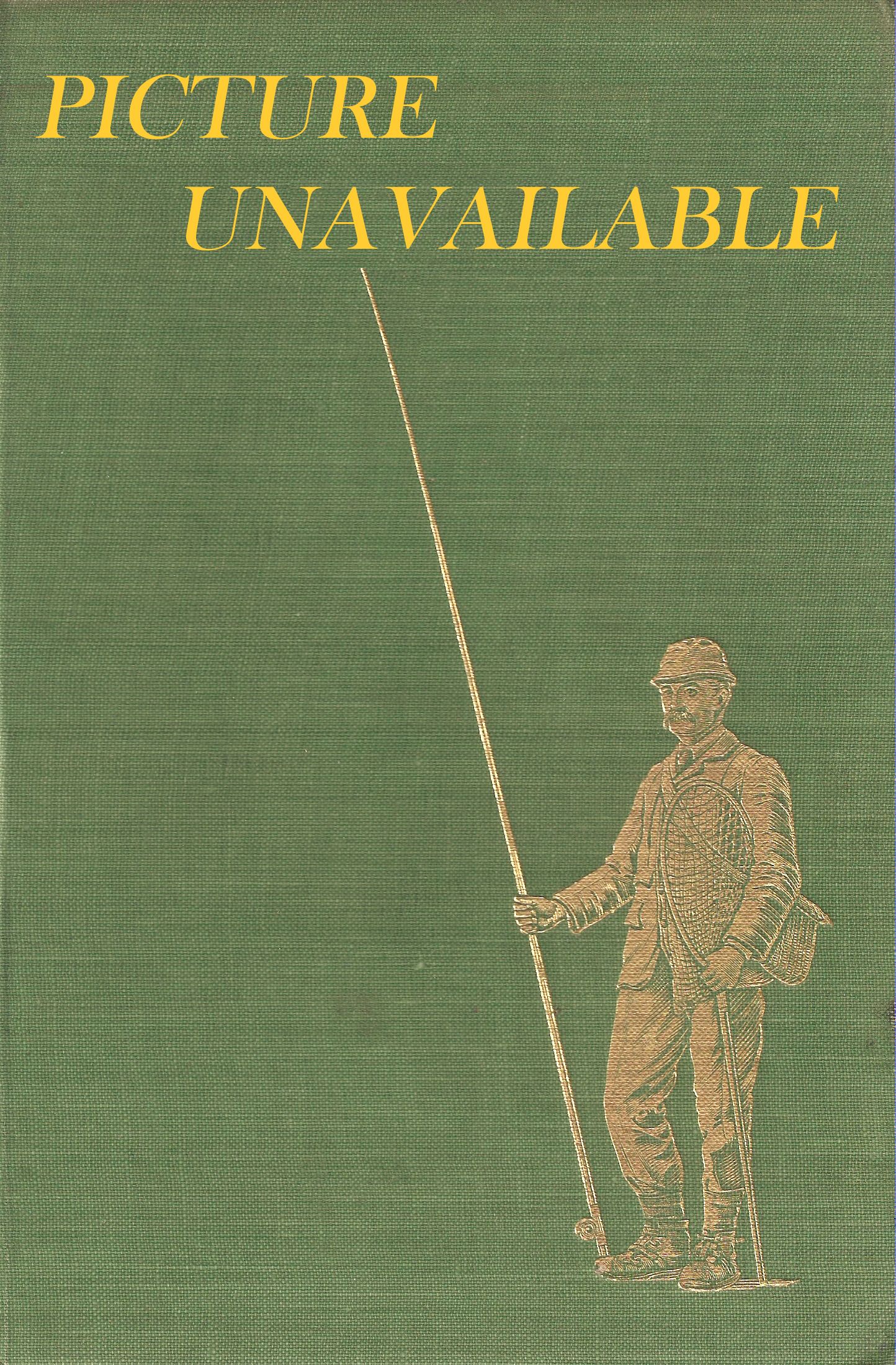TUNNICLIFFE'S BIRDLIFE. Edited by Noel Cusa.
1985 1st edition. Folio (268 x 316mm). Pp150. Colour plates by Tunnicliffe throughout. Blue boards, spine titled in silver gilt. Foreword by Peter Scott.
"[Tunnicliffe's] ability to portray [bird's] natural behaviour has always found favour with ornithologists. He had an eye for the intrinsic beauty of postures and groupings of birds at rest, but he also moved boldly in new areas where most artists feared to tread: painting birds in flight, in conflict, proud display or wind-blown awkwardness with equal confidence and success... The genius that sets a Tunnicliffe painting apart from a mere study of birds stems from his view that a work of art should have its 'own particular claim to be beautiful, not because it slavishly imitated the form and colour of a bird but because it had used the bird and controlled it to make a new beauty'. To this end he devoted as much attention to the bird's setting (and to the real or imagined weather conditions) as he did to the creature itself. Naturalists who contemplate these paintings will no doubt agree with the artist's modest assertion that he 'felt he knew his birds'. Others, who appreciate great art when they see it (but rarely look for it in natural history painting), will be equally rewarded."
"[Tunnicliffe's] ability to portray [bird's] natural behaviour has always found favour with ornithologists. He had an eye for the intrinsic beauty of postures and groupings of birds at rest, but he also moved boldly in new areas where most artists feared to tread: painting birds in flight, in conflict, proud display or wind-blown awkwardness with equal confidence and success... The genius that sets a Tunnicliffe painting apart from a mere study of birds stems from his view that a work of art should have its 'own particular claim to be beautiful, not because it slavishly imitated the form and colour of a bird but because it had used the bird and controlled it to make a new beauty'. To this end he devoted as much attention to the bird's setting (and to the real or imagined weather conditions) as he did to the creature itself. Naturalists who contemplate these paintings will no doubt agree with the artist's modest assertion that he 'felt he knew his birds'. Others, who appreciate great art when they see it (but rarely look for it in natural history painting), will be equally rewarded."
£25.00
Availability:
In stock
Book Code
55612
| Author | Tunnicliffe (C.F.). (1901-1979). |
|---|---|
| Book Code | 55612 |
| ISBN | 0907745040 / 0907745040. |
| Book Description | Smells faintly of tobacco, else very good in slightly used dust-wrapper. |
| Book Cover | Hardcover |
| Published Date | 1985 |
| Publisher | Clive Holloway Books. |
| Place | London. |




